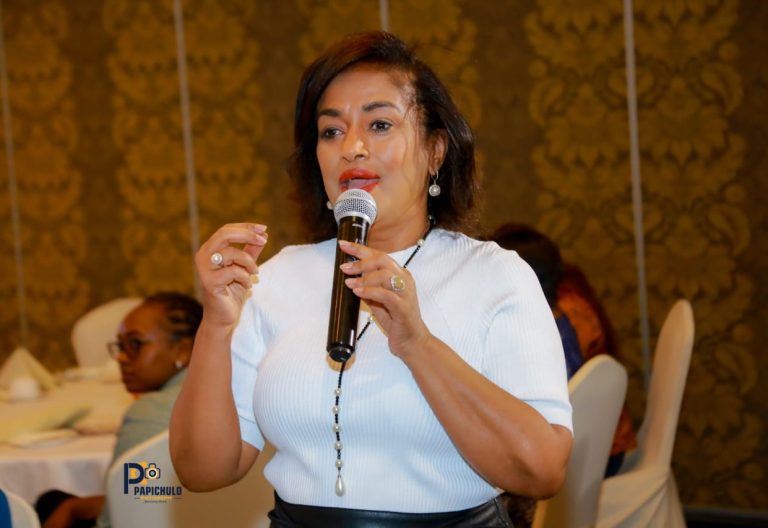Focusing on careers limits intellectual growth

The government has in the past five years enabled over 50,000 children to seamlessly transition from primary to secondary school. The scholarship programme, under the Secondary Education Quality Improvement Project, has brightened up the lives of hundreds of families. Children from some of the families were the first to join secondary school.
I had the privilege of visiting the homes of some of the beneficiaries when applicants were vetted earlier in the year. I talked to some of the students under the programme – some who completed secondary school last year and others still in school. A significant number of the students did very well in the KCSE exam, scoring straight A’s, a tribute to the beneficence of the programme.
However, I have noted something peculiar. Most of the students thanked the government for enabling them to pursue their careers. They had an eye for such careers as medicine, engineering, accountancy, law and others. This is in order. There is nothing wrong in aspiring for these professions.
What, however, disturbed me is that the students’ focus on careers – five years ahead – might prevent them from gaining from the educational experience that a secondary curriculum has been designed for.
Primary and secondary school education prepares children for life. The 12 years of basic education provide the potency to endow students with the knowledge, skills, attitudes, values and behaviour patterns they need to be good citizens contributing something of value to society. Implied in this view is that the curriculum imbues the students with powerful and not just functional literacy. US educator Patrick J. Finn makes an intriguing distinction between powerful literacy and functional literacy.
In his Literacy with an Attitude: Educating Working-Class Children in their Own Self-Interest, Finn argues that powerful literacy is the education all children deserve because it fosters critical thinking about complex ideas and prepares young people to consider multiple perspectives and their own interests as they make life decisions.
Functional literacy, on the other hand, is the mere ability to meet the reading and writing ability for the average person. The abilities are for utilitarian (technical and professional) purposes and not the powerful literacy that leads to positions of power, authority and influence in society and its institutions.
The educational experiences the Kenya Institute of Curriculum Development has envisions powerful as opposed to functional literacy. The curriculum is rigorous. It is a broad and balanced. It has a wide range of subjects and topics that has the capacity to promote a broad range of knowledge and skills in the learner. The curriculum allows learners to discover and pursue their own particular interests and passions.
The potential children are born with are not monophonic or one-track. It is polyphonic or composite. A child who can wrestle with abstract concepts in mathematics can easily grasp and wrestle with primary concepts in physical and biological sciences. The temptation to tilt a child with an interest in medical sciences away from physical sciences is unprofessional. A child who is obsessed with careerism, important as it might be, narrows his focus to subjects relevant to the career, failing to broaden his intellect, character and personality.
The educational foundations of Kenya, like any other country, depends on two things: a broad and balanced curriculum and rigorous implementation of it at every stage of the curriculum development and implementation levels and in particular, the school.
In this way, students will not talk about pursuing careers while still in secondary school, but continuing with education to prepare for a career and other equally important things.












